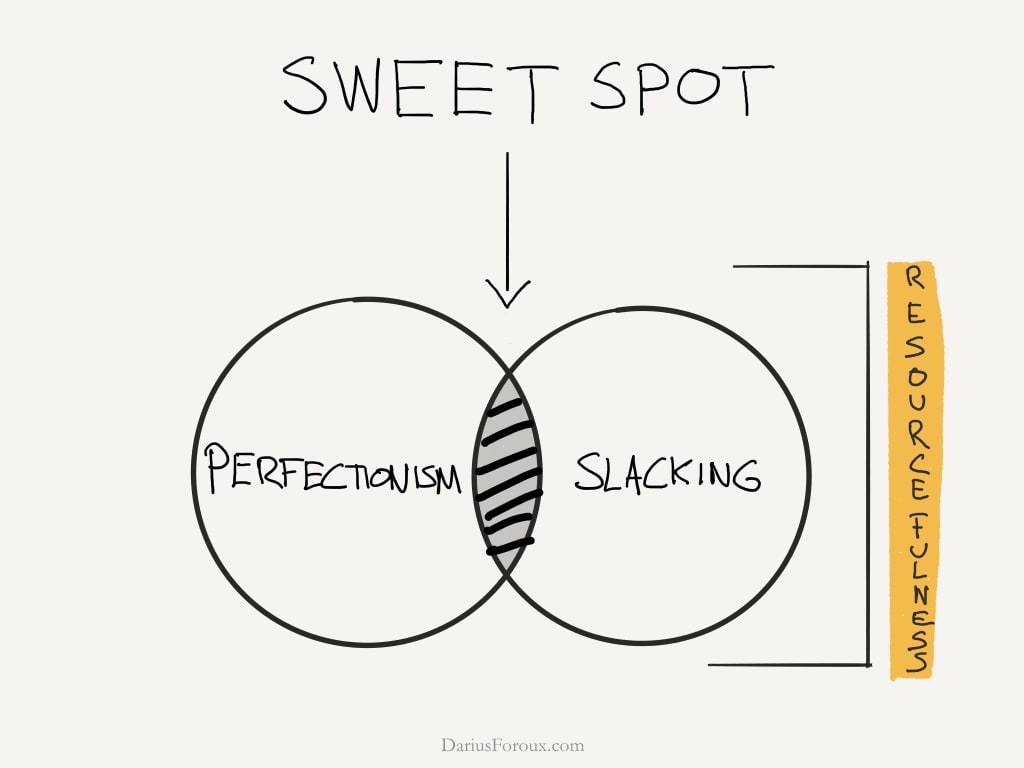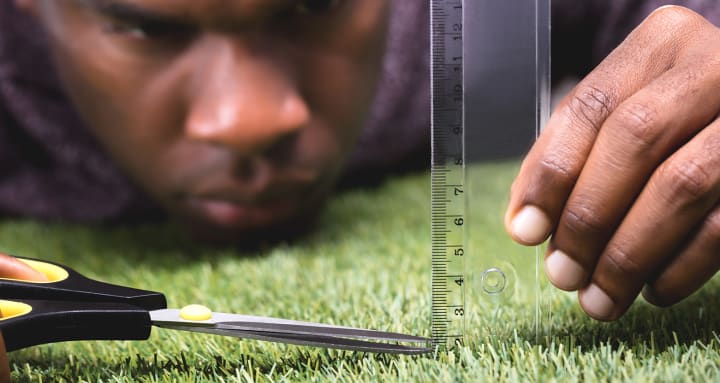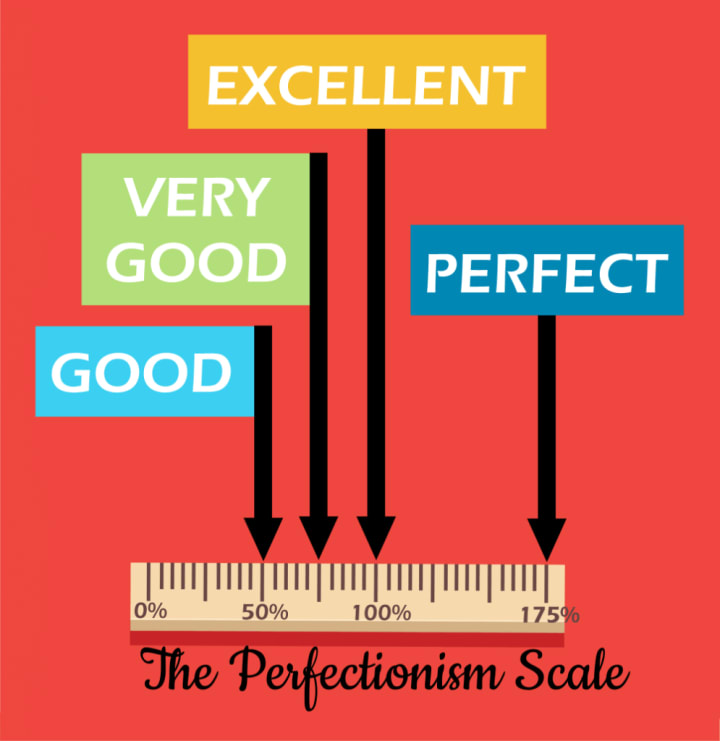Balancing perfectionism
Perfectionists!

To know how to deal with perfectionism, you must first understand what motivates it. When our parents or caretakers practice this behavior on a daily basis and continuously push us to be flawless, we are more likely to become perfectionists. It's essential to remember that, in most situations, they wanted us to succeed because they cared about us and, more than likely, had no clue that attempting to mold us into perfect beings may damage us.

Observe your conduct if you have a tendency to go above and above on a regular basis. To obtain a comprehensive picture of the degree of your perfectionism, you'll need to do this for a time in varied settings. Examine your conduct at work, at play, at home, with your children, and in any other situation where you believe you are exerting excessive effort.
If you pay attention, you'll notice an inner sensation that you need to keep doing something until it's perfect, and that you won't be able to quit till you do. You may also notice that you continue to push yourself forward in the hopes of being accepted.
If this occurs frequently, you are prone to develop strong perfectionist inclinations. You could have everything just right if you shoot for gold in only one or two aspects of your life. This might indicate that you are picky about where you invest your time and effort. On the other hand, most all-around perfectionists are well aware that they have this tendency.

Because anything less makes them feel awful or wrong, many individuals become perfectionists. Feeling awful or incorrect as a youngster, especially if your parents were intolerant of mistakes or failures, was about the worst thing that could happen to you, especially if it happened on a daily basis.
Perfectionism is a learned feature that we're taught to strive for survival reasons. Maybe you didn't want to fail, so you continued trying to hit a home run or make a difficult recipe, master any particular subject, play a certain instrument or win a difficult competition that you have dreamt of.
Consider the polar opposite of reaching perfection. Failure is sometimes associated with feelings of shame or embarrassment. Fear of making errors and disappointing others is, in most situations, what drives the desire to be flawless. If you link failure with having low self-esteem, you'll naturally desire to be flawless in order to prevent it.
Here are some positive attitudes about mistakes and failure. As you go through them, pay attention to how you feel, especially if you think I'm incorrect and that these ideas can't possibly be healthy. If you respond in this way, realize that you've been incorrectly indoctrinated on the issue of mistakes and failure, which is why you're such a hardened perfectionist.
The fact is that you don't have to be perfect at everything. My father raised me according to the adage, "Good, better, best, never let it rest, 'til the good is better and the better is the best," and I spent half my life rejecting that unhelpful piece of advice, despite the fact that I have no doubt that my loving father meant well when he encouraged me to follow it. My hunch is that he was raised with the same expectation and never questioned it as a highly competent, successful man.

Why not start with the assumption that you'll do some things well and other things poorly in your life, that you have skills and limitations like the rest of us, and that your success or failure in one activity has nothing to do with your worth as a human being?
You won't mistake what it means to do poorly if you start with this premise. Of course, you may still want to shine, but failing to do so will have no bearing on your self-worth or self-esteem.
Thanks for reading! If you enjoyed this and gained any value, supporting with a small tip is greatly appreciated!
About the Creator
The Breatharian Blogger
Here to inspire you on your journey. ✊🏾
Connect with me on IG @jromeshaw






Comments
There are no comments for this story
Be the first to respond and start the conversation.